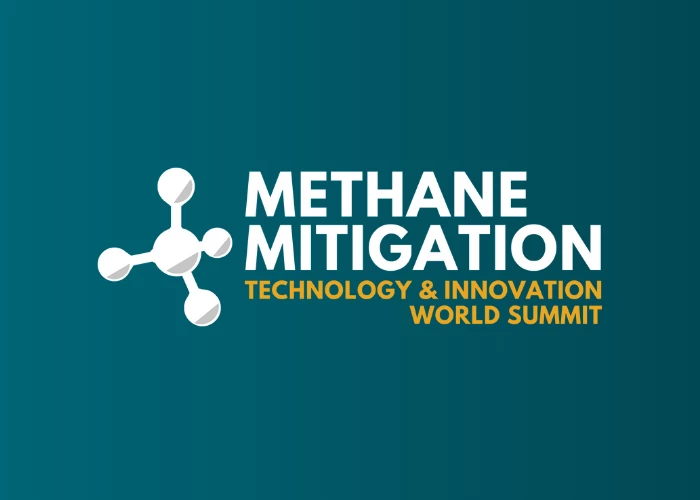Shale Gas Remains Hot Topic in US
Add bookmark
Shale gas has been a hot topic in recent months, particularly in the United States, where debate has surrounding the drilling of the New York State portion of the Marcellus resource.
New York City's Department of Environmental Protection (DEP) called on state officials to ban natural gas drilling in the Catskills watershed of the region, citing the potential risk to the upstate drinking water system.
Impact Assessment
A Final Impact Assessment Report prepared for the department said the "invasive industrialisation" required to drill in the shale gas watershed would create a "substantial risk of chemical contamination and infrastructure damage."
"Based on the latest science and available technology, as well as the data and limited analysis presented by the New York State Department of Environmental Conservation (DEC), high-volume hydrofracking and horizontal drilling pose unacceptable threats to the unfiltered fresh water supply of nine million New Yorkers," said acting DEP commissioner Steven Lawitts.
[eventpdf]
It added that the known and unknown impacts associated with the exploration of the Catskills well could not be justified considering that the city has invested in $1.5 billion (£918 million) to protect the watershed and prevent degradation of the water supply.
Attracting Investors
But Chesapeake Energy has warned that restrictions on shale gas drilling may deprive New York of revenue by scaring off potential investors
"The measures proposed … will be more burdensome than any of those placed on our industry throughout the United States and will more than adequately ensure that the development of the Marcellus shale natural gas formation in New York will occur with sufficient environmental safeguards," the company said.
Chesapeake is one of the key players in the shale gas industry in the United States. At the end of December it signed a deal with Total subsidiary Total E&P USA in which it sold a 25 percent share in its shale gas portfolio located in the state of Texas.
These assets have a net daily production of around 700 million cubic feet of natural gas and extend to approximately 300,000 net acres of leasehold, most of which are in the Barnett play.
Developing Shale Gas Expertise
Total will pay a $800 million cash consideration for the shale gas assets and will also pay a further $1.45 billion over a maximum period of six years. This latter expenditure will take the form of a 60 percent carry of Chesapeake's future capital expenditures on drilling and completion of wells within the framework of the joint venture.
"This joint venture will provide us with a solid position in an attractive long-term resource base under competitive terms," said Christophe de Margerie, chief executive of Total.
He added that the deal would allow his company to "develop its expertise in the unconventional hydrocarbons in order to expand its unconventional business worldwide."
"Total is conscious of the environmental aspect linked to producing shale gas and has confidence in Chesapeake's capacity to contain the impact of the Barnett Shale gas' operations on the environment and respect local and federal regulations and guidelines," de Margerie continued.
Advancing Technologies
ExxonMobil has also been making strides in the shale gas arena. The company signed a deal to buy Texan-based company XTO Energy for $30 billion (£18.5 billion).
XTO's resource base comprises 45 trillion cubic feet of gas, including shale gas, tight gas, coal bed methane and shale oil.
Since then, the company has announced that it will undertake a project to extend the life of a north-east Texas oil and natural gas field by an extra 25 years.
"ExxonMobil is applying some of its most advanced technologies to mature oil and natural gas fields. The investment is part of an ongoing effort to find, develop and produce more domestic supplies of oil and gas to meet the country's growing energy needs," said Kok-Yew See, US production manager at the company.
The firm will build a new facility which separates the nitrogen that it injects into the wells to push more oil and natural gas to the surface from the natural gas that comes out of the well.










